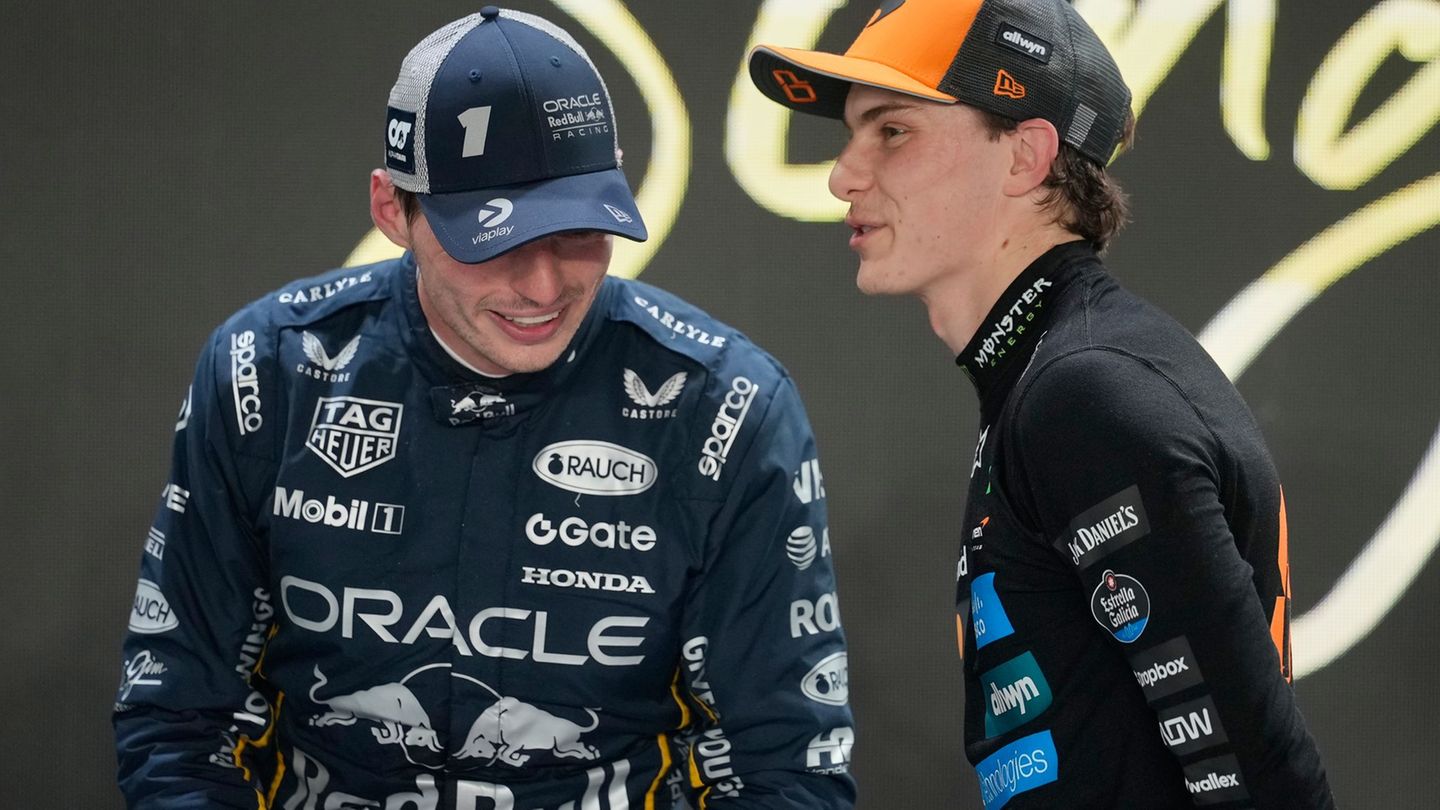How can you tell from the schnitzel that a pig was once kept better? A logo should make that clearer soon. A subsidy for pet owners is also in sight. But there is trouble with the design.
More space in the barn, more clarity when buying meat, secure money for the farmers: this year, a number of elements are to be set in motion for the conversion of animal husbandry to higher standards.
But before the Green Week agricultural fair, growing criticism of the plans of Federal Minister Cem Özdemir (Greens) is loud. “The industry has been seething since the proposals were on the table,” said Farmers’ President Joachim Rukwied about the conditions of a future subsidy program. In the Bundestag, the concept for a state husbandry logo for meat is put to the test by experts.
With initially one billion euros until 2026, the traffic light coalition wants to push the change so that the farmers are not left with additional costs. The first cornerstones are now met with violent protest. “This is not a program to secure the future of Germany as a location,” said Farmers’ President Joachim Rukwied of the German Press Agency. “This is a program that amounts to dismantling.” The clear message is: “Yes to more animal welfare. That’s what the animal owners want to do. They can’t just do it with what’s on the table.”
According to the ministry’s plans, pig farmers should initially be able to receive money. Companies with standards that are well above the mandatory legal requirements should benefit. Funding should be given to “animal-friendly and environmentally friendly” new buildings and conversions of stables as well as ongoing additional costs for better husbandry.
Changes to plans required
Rukwied complained: “They want to raise upper limits for the subsidy, for example up to 3,000 fattening pigs sold per year. That excludes the majority of farms that will keep pigs in the future.” Because if you want to operate a pig fattening operation in an economically viable way, you need around 1,500 berths to be able to finance one employee. “With around 2.7 fattening cycles per year, you’re producing more than 4,000 pigs. What I need for business management, that would already be excluded.”
The farm president called for changes to the plans. “Otherwise the trend towards relocations abroad, which we already have, will intensify.” Within ten years, the pig population in Germany has shrunk by 5.8 million animals, in Spain there are 7.4 million more. “If we continue like this, we will become an importing country and it cannot be.” The situation is critical anyway, even if prices have risen again. “But they were so catastrophic before that many companies had to react,” said Rukwied. Another 1,900 farms were lost last year, leaving 16,900 pig-keeping farms in Germany.
Further pressure arises because many supermarket customers buy the cheapest products due to high inflation. This also has an impact on the industry-supported “animal welfare initiative”, which rewards pet owners for certain higher standards. Animal welfare meat is no longer as popular as it was before, explained Rukwied. The initiative therefore offers pig farmers to maintain their status, but not to produce under these conditions for a certain period of time. “Farmers are massively frustrated,” said Rukwied. They wanted to continue working according to the criteria of the “Initiative Animal Welfare”. “It’s only economically unfeasible if there is no more surcharge.”
Meat from abroad can be labeled voluntarily
The change in the stables is also a topic of the Green Week industry trade fair, which opens its doors again this Friday in Berlin after a Corona break. A lever for more animal welfare should also be a logo that obligatorily indicates the type of husbandry. As a first step, Özdemir wants to launch it in stores this year with fresh pork. A system with five categories during fattening is planned: from the legal minimum standard in the barn to organic. Meat from abroad can be labeled voluntarily.
This Monday, the concept comes to an expert hearing in the Agriculture Committee of the Bundestag. The working group for rural agriculture welcomed the fact that implementation was beginning. In her written statement, however, she criticized the fact that simply sorting animal husbandry into certain categories does not create any incentive to convert stables into more species-appropriate husbandry systems. In addition, the labeling only reflects about 60 percent of the pig’s life, because sow husbandry and piglet rearing are not yet taken into account. A separate organic level is not expedient because it suggests that animals can only be kept according to the highest standards.
The animal protection association Pro Vieh criticized that the draft threatened to miss opportunities. Criteria that are important for the well-being of the pigs, such as straw and natural soil or sufficient exercise and burrowing material, were also left out in the higher forms of husbandry.
Source: Stern
David William is a talented author who has made a name for himself in the world of writing. He is a professional author who writes on a wide range of topics, from general interest to opinion news. David is currently working as a writer at 24 hours worlds where he brings his unique perspective and in-depth research to his articles, making them both informative and engaging.




